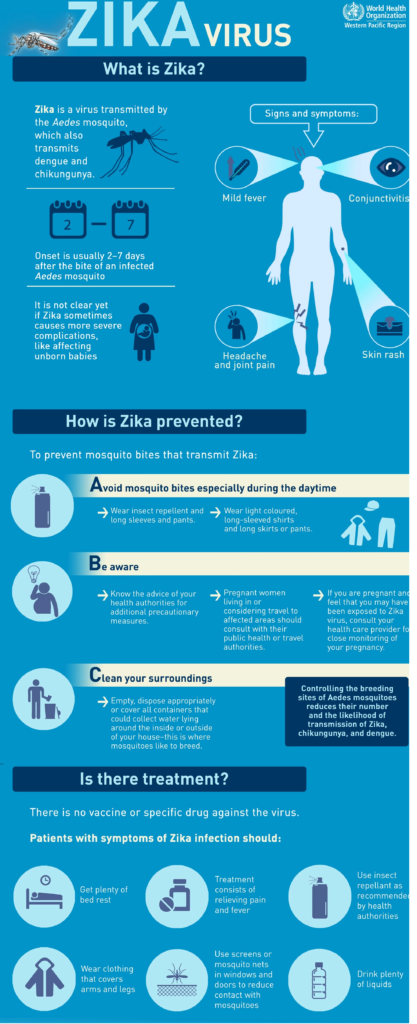Zika Virus Threat: Unseen Dangers Lurking in Mosquito Bites

Health authorities in Kerala have declared a state of alert after identifying 14 cases of the Zika virus.
LEARNING FROM HOME/ WITHOUT CLASSES/ BASICS
The Zika virus is a mosquito-transmitted infection. Aedes aegypti mosquitoes transmit the virus, the same species responsible for spreading dengue and chikungunya.
Its name comes from the Zika Forest of Uganda, where the virus was first isolated in 1947. The virus can show symptoms such as mild fever, skin rash, conjunctivitis, muscle and joint pain, malaise, or a headache and body ache. But only about 20% of patients show symptoms that usually last up to a week.
In pregnant women, Zika can cause birth defects such as microcephaly – unusually small heads – and other brain abnormalities in babies in the womb. The infection can also cause Guillain-Barre syndrome, a rare neurological disorder that causes paralysis. There is no treatment or vaccine for the Zika infection.
Mosquitoes and their breeding sites pose a significant risk factor for Zika virus infection. Prevention and control rely on reducing mosquitoes through source reduction (removal and modification of breeding sites) and reducing contact between mosquitoes and people. This can be done by using insect repellent; wearing clothes (preferably light-colored) that cover as much of the body as possible. Using physical barriers such as screens, closed doors, and windows; and sleeping under mosquito nets.
Empty clean or cover containers that can hold water, such as buckets, flower pots, or tires, to remove places where mosquitoes can breed.
Take special precautions during the day as Aedes aegypti is a day-biting mosquito and dress appropriately that covers most of the body parts.





0 Comments